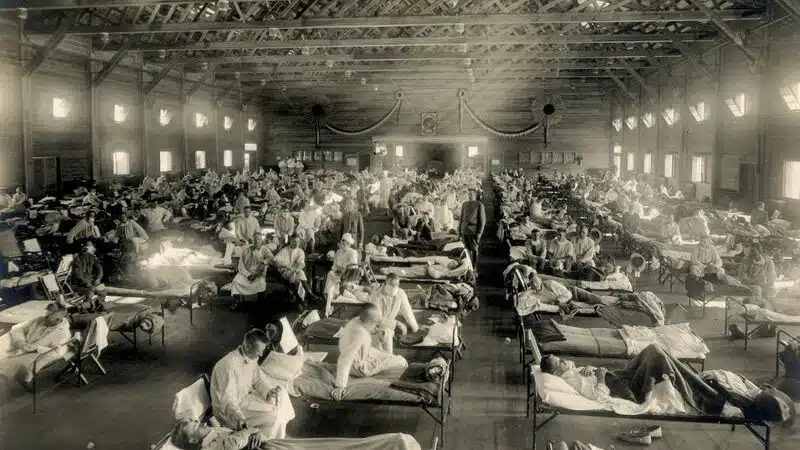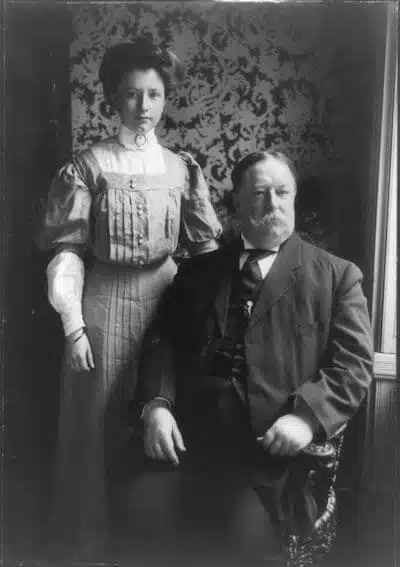
A hundred years ago in a remote corner of southwestern Kansas,
This historical fiction opens in the winter of 1918. Dr. Lorne Miller ponders the season’s influenza. A young farm boy had knocked on his office door, his parents dying. And then two more young men unexpectedly died. Boys their age were dying in the mud on the western front of the Great War, not on the plains of Kansas. Confounded by unusual symptoms and rapid deaths, Lorne makes a choice he will regret the rest of his life. Later, seeking salvation, he pursues a vaccine for the devastating disease and finds himself embroiled in a public health crisis, power struggles, and politics.

Meanwhile, in defiance, his daughter Helen joins the army to serve as a nurse on the front lines of World War I. Months later, aboard the ship she sails for France, Helen discovers influenza among the troops and knows the contagion has spread. Struggling to find her place in life, Helen’s journey is further complicated by a budding relationship with one of her patients.
A vivid, compelling and ultimately hopeful novel, The Morning Star is alternately narrated by Lorne and Helen, father and daughter who rely on purpose—a shared commitment to saving lives—and family to find comfort in their grief and persevere in the midst of war and disease.
This moving novel will appeal to readers of Emma Donoghue and Kristin Hannah and remind readers to leave darkness behind and be awake to the new day and what is to come.
My short story The Enemy Within inspired the novel and received an Honorable Mention in Glimmer Train’s Short Story Award for New Writers.